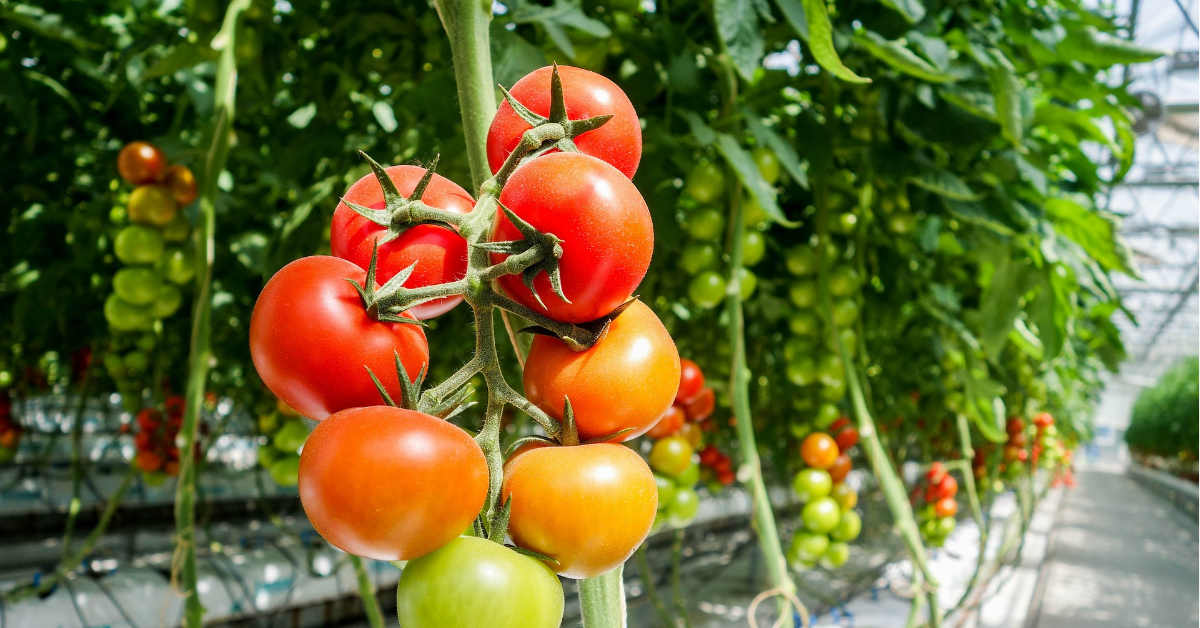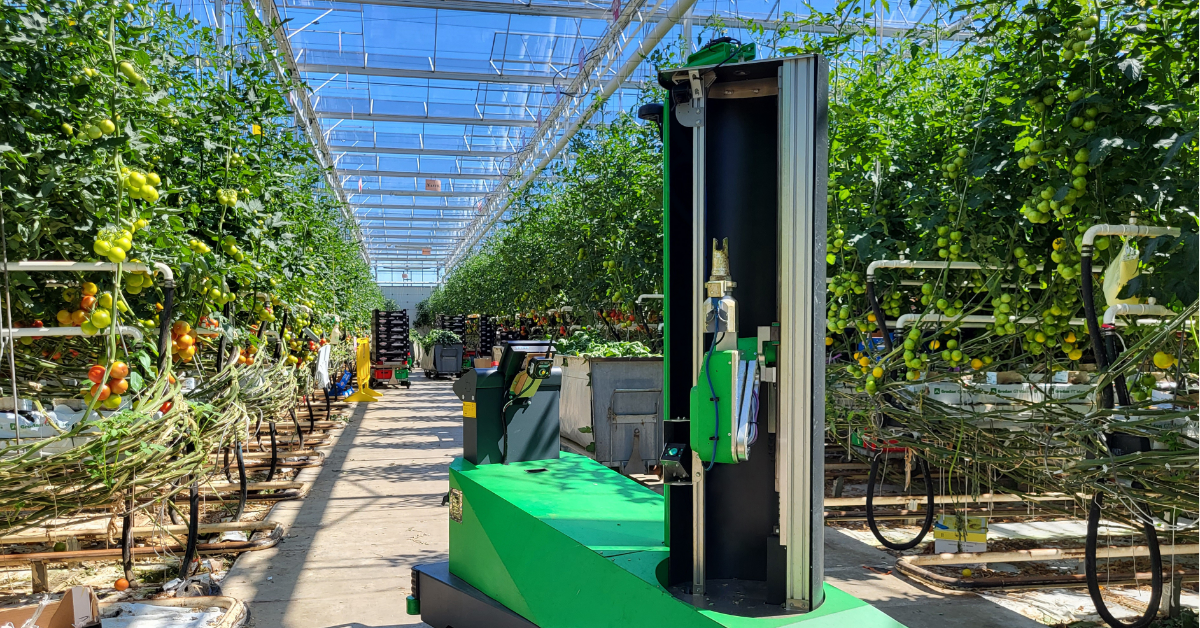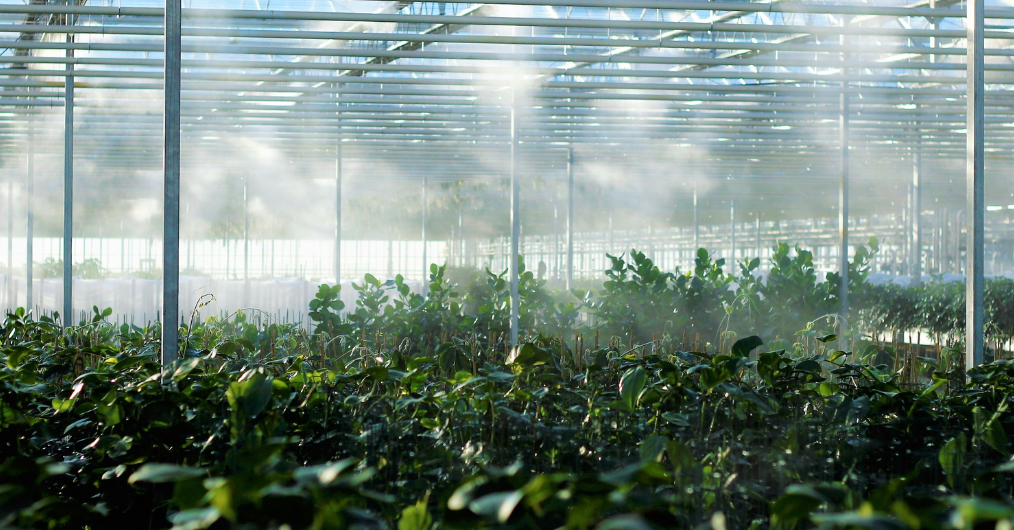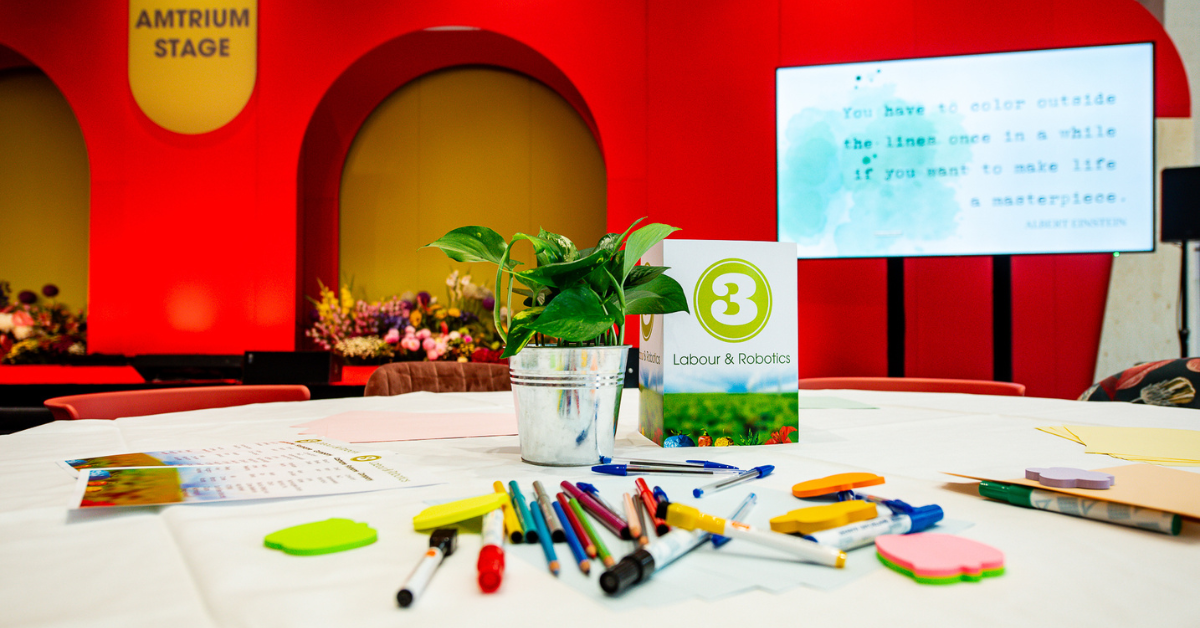Consumers controlling the world’s shift to organics
“Organic farming has been promoted as good for health and the environment, but research suggests it could also meet global food demand under certain conditions.” – John Dryer
Organic farming industry leaders and advocates push farmers to stop spraying chemical fertilizers, pesticides and weed killers on the crops as it will greatly benefit the environment and the consumer’s health. However, their arguments are constantly negated by the one big question on all of our minds; “Will there be enough produce to feed the world’s growing population… without the help of science and growth aids”. According to a group of scientists in Europe believe they have come up with the right answer to that question and can finally end the debate. This group of scientists wrote and published an article in the journal Nature Communications that concluded with the fact that “organic agriculture could feed everybody on the planet if people wasted less food and ate less meat.”
“Organic or not organic is a question that is really important,” study co-author Christian Schader, an agricultural economist at the Switzerland-based Research Institute of Organic Agriculture, told Seeker. “But in terms of food security, there are other things that have an impact. This is about how we deal with food. How much food do we waste and what do we eat? Do we need to eat tons of beef and eggs?”
Schader and his colleagues went on further to simulate potential growth and supply figures in order to sustain an average quality of life. The scenarios for 2050 showed that farmers from all over the world would need to grow at least 50% more food in order to feed the 9 billion people forecasted to live on earth at that point, as pointed out by the United Nations. Each model had different parameters but with one end goal, to achieve a sustainable world and eradiate hunger. If people stopped wasting food and eating meat, it proved that a sustainable globe is possible when livestock grazing land is converted into farming/agriculture/horticulture land.
“If everyone in the world went organic but kept eating burgers and tossing their uneaten fries into the trash, then farmers would need around 33 percent more land to meet demand — a nearly impossible demand” said Schader, indicating that we need to radically change our diets in order for a change to take effect
However, Schader went on to say that if people actively tried and achieved to reduce their waste by half and as a world we converted all the livestock land into farming land for food growth, then as a species, mankind would need 18% less land to feed everyone. Consequently, average protein intake per person from animals would drop 38% to 11%.
When/If crops are damaged by natural disasters or weather events and communities continue to waste food and water then farmers will need to find over 46% to grow non-organic crops and 71% more to grow organics, all to prevent global famines.
In an additional research segment by Schader, he wanted to express that organic farmers need to take into account the necessity need to take special measures to continue to farm organic foods and if they want to increase their scale, they must grow more legumes; essentially growing their own fertiliser. The legumes provide nitrogen for growing plants as well as replacing traditional fertilisers ergo helping the environment. Traditional farming practices have polluted waterways with nitrogen because of artificial fertilisers which causes algae blooms to consume all the oxygen and kill of fish and other river life.
It is believed by Dyer that Americans and Europeans need to lower their consumption of steak, pork chops, chicken wings and more if, in our newly developed world, we want to grow more prosperous meals and dine organically for the future.
“There is no way that we can continue for the long term eating so much meat,” said Schader. “Some people eat meat every day. This cannot be done by everyone. Not everyone needs to become vegetarian or vegan. But everyone who living in a vegetarian way is reducing the problem.”
How would you feel with the months hottest horticulture technology tips, trends and info at your fingertips? Sign up for our monthly newsletter to make sure you stay ahead of the game! #AskGreenTech
Share your horticulture technology stories with us
Do you have an innovation, research results or an other interesting topic you would like to share with the international horticulture technology industry? The GreenTech website and social media channels are a great platform to showcase your stories!
Please contact our Brand Marketing Manager Murkje Koopmans.
Are you an GreenTech exhibitor?
Make sure you add your latest press releases to your Company Profile in the Exhibitor Portal for free exposure.
Have exclusive horticulture technology news delivered to your inbox
The GreenTech monthly newsletter brings you the latest exclusive horticulture technology news and updates about our global horticulture technology trade shows and events.
Join over 32,000 of your peers and receive:
☑ Exclusive commentary from industry leaders
☑ The latest news from the GreenTech team
☑ Stay up to date with all the latest news about our events
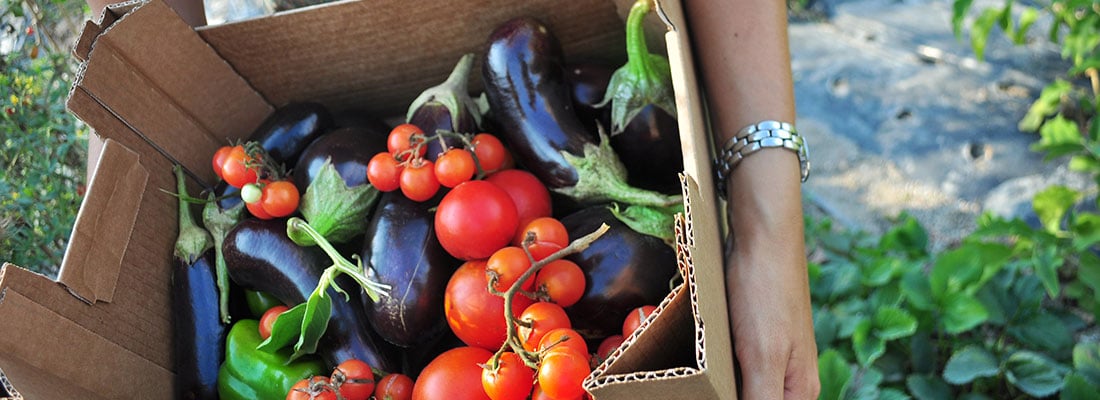

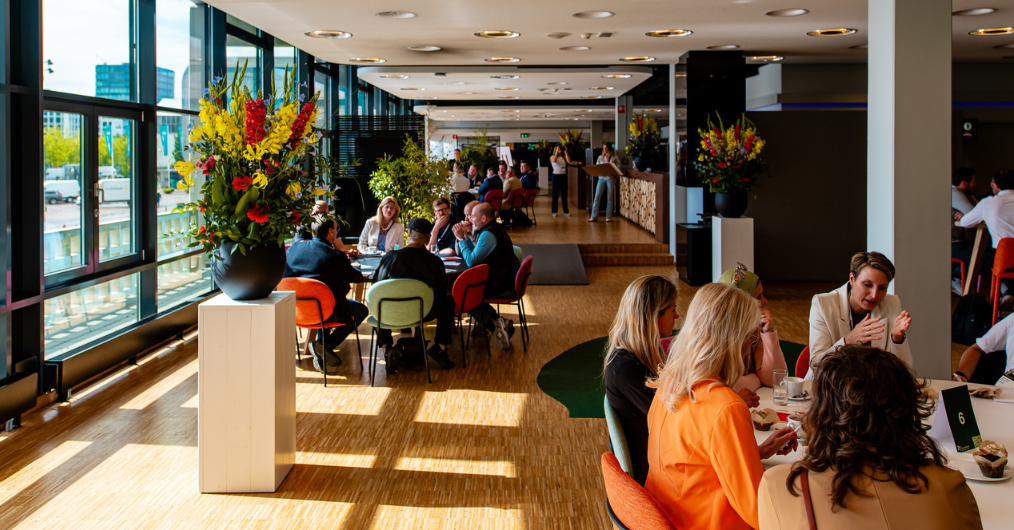
.png?h=628&iar=0&w=1200)

